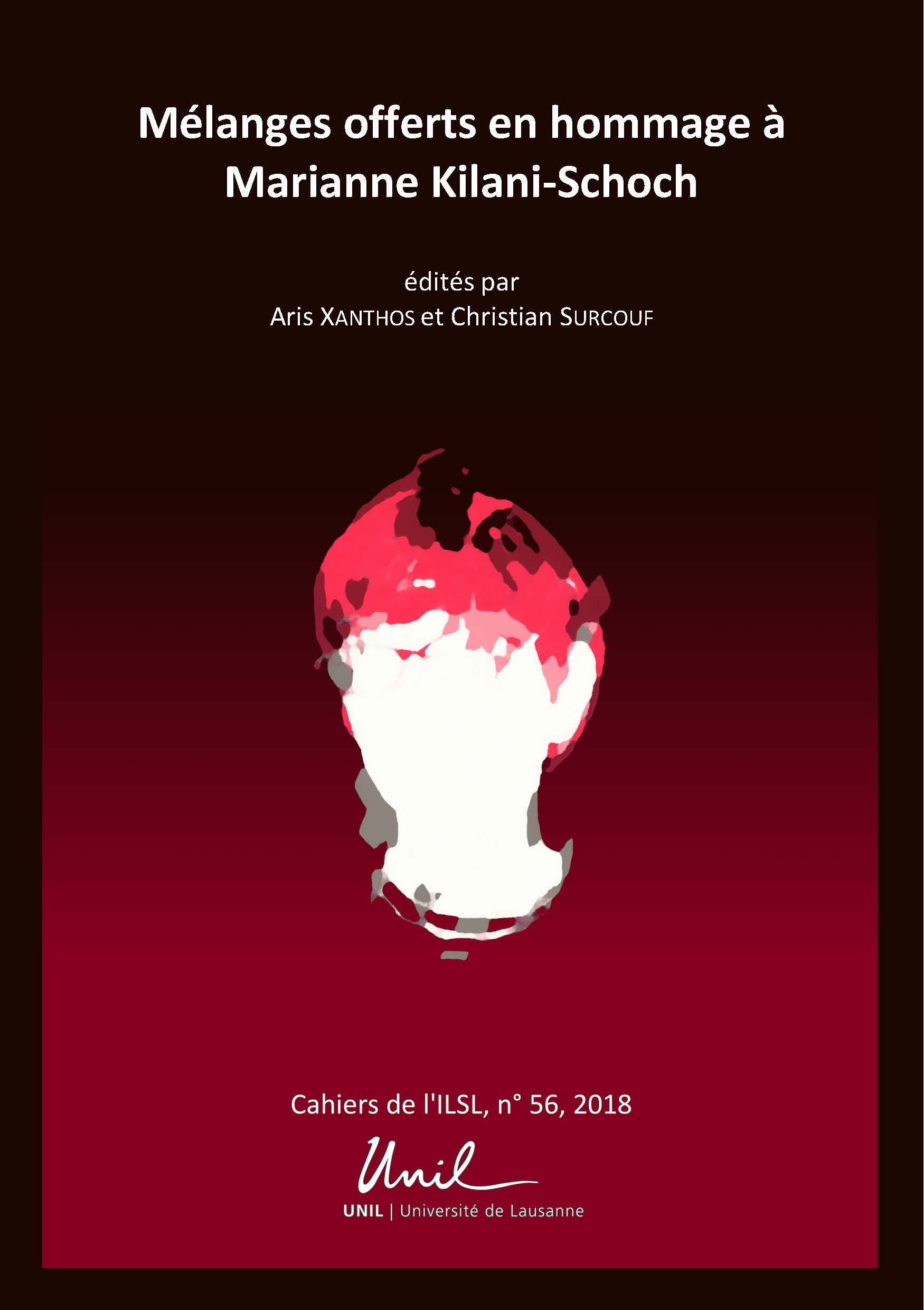Résumé
Many European languages contain an indefinite construction that consists of ‘I don't know’ and an interrogative pronoun, of the type pour je ne sais combien d’années ‘for I-don't-know-how-many years’ in French. Of the Spanish equivalent, no sé cuánto ‘I don't know how many’, a superlative no sé cuantísimo ‘I don't know how very much/many’, ‘an awful lot’, has been derived in the twentieth century. In this paper, I give examples of its usage from Spanish text corpora, discuss the formal variants of the construction, and argue that no sé cuantísimo has been grammaticalized as a marker of large indefinite quantity. The historical origin of the superlative cuantísimo lies in an analogy with tantísimo ‘so very many’, attested in Spanish since the 17th century.

Cette œuvre est sous licence Creative Commons Attribution 4.0 International.
